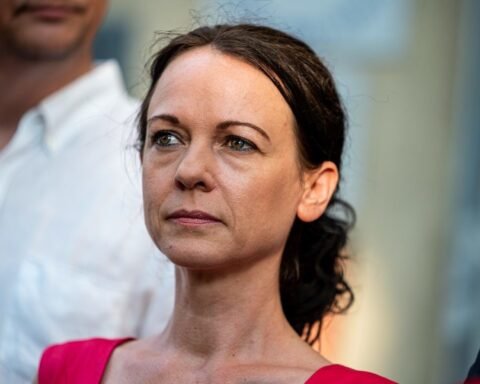This October, the Czech parliamentary elections, held every four years, will decide on the parliamentary representation for each region of the country. Yet among some young voters, this election is treated with indifference, cynicism, or even humor.
“When I get to the voting booth, I choose on the spot,” said Roman, a 23-year-old student in Prague. “Last time I just voted for a party that promotes monarchy because I thought it was funny.”

When faced with questions about the upcoming elections, passion towards specific issues varied, but many expressed a similar sense of resignation. Many young Czech adults said that participating in the current elections feels like a losing game.
Filip, a 24-year-old property manager, said he is not hopeful about the Czech Republic’s political future.
“I know that I will be working until my eighties and I am okay with that,” he said. “I like the history of our state, but I don’t care about the future. My timeline ends in 2000,” said Filip.

However, not all young people are indifferent; many plan to vote with an agenda this October.
Andre, a production manager in his mid-twenties, plans to support the Pirate Party, a relatively young, progressive movement focused on the environment, digital rights and social policies. His main concern is the former Prime Minister Andrej Babiš, a right-wing, populist and businessman currently leading in the polls.
“My grandma is voting for him,” said Andre, “She thinks he can get things done because of his companies, that he will rule the country like he runs his businesses. She doesn’t understand that he is a populist. He will say anything to appeal to the masses.”
Jasmina, a 25 year old architecture student, voiced similar support for the Pirates.
“I think I will also vote for the Pirates, but I think it’s kinda useless. I would vote for something more progressive, but we don’t have anything like that,” said Jasmina.

Jasmina argued that the older generations oppose left-wing politics because they conflate them with the communist system that ruled the country before 1989.
“They connect it with the system that was here before,” she said. “But they are two totally different things. Anything being more centrally controlled is seen as wrong, but I think it’s really necessary for a lot of Czech issues.”
According to recent surveys collected by the European Commission, Czechs aged 18 to 29 have lower voter turnout than any other age group. The primary reasons cited are lack of free time and a disinterest in politics.
Many young Czech people say they are losing faith in their power to vote. Yet many of the most contested issues in this upcoming election directly affect them. Rising housing prices, a strong topic of debate, have hit young people hard. Additionally, Younger people compose a preponderance of the LGBTQ+ identifying population, whose marriage rights are also a highly contested policy issue in the Czech Republic.
Czech parliamentary elections will be held on October 3–4, 2025.






